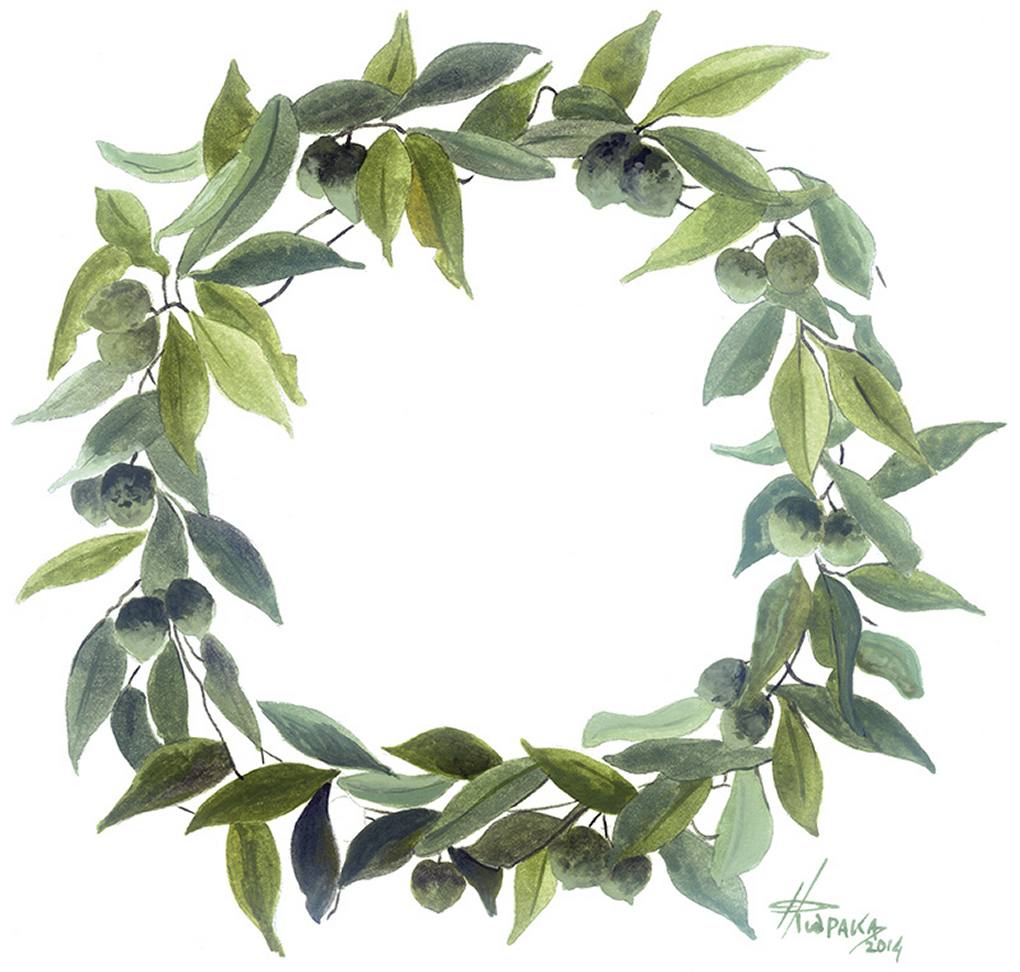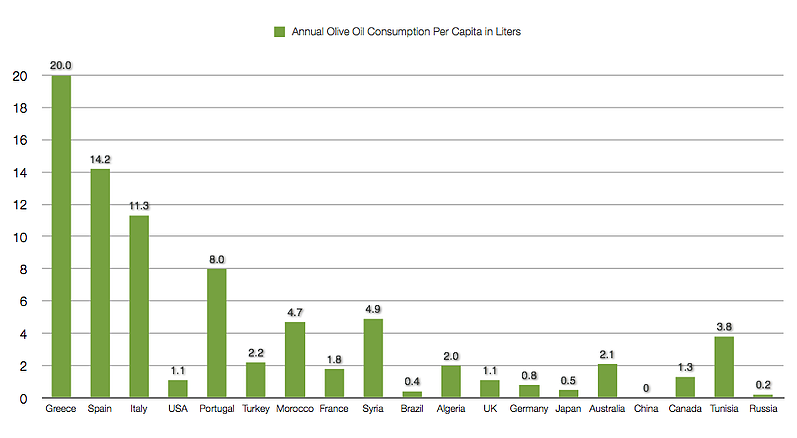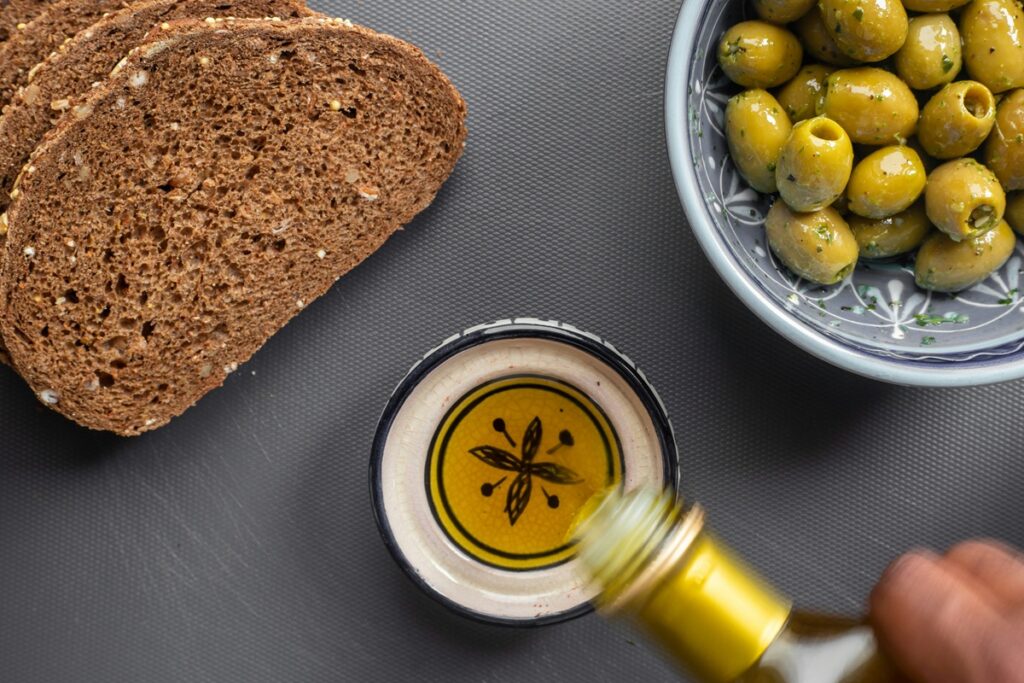Greek olive oil is much more than a cooking ingredient—it is a symbol of tradition, culture, and craftsmanship. Revered worldwide for its exceptional flavour, aroma, and health benefits, olive oil reflects thousands of years of cultivation, family heritage, and culinary artistry. For millennia, Greece has produced olive oil renowned for its quality and authenticity, establishing a tradition that endures today. In addition to its exceptional flavour, aroma, and health benefits, Greek olive oil is celebrated for its purity, offering a clean, unadulterated taste that distinguishes it from other oils. In Greek culture and tradition, olive oil means more than just a food product—it represents a connection to heritage, natural quality, and a way of life.
Olive cultivation: A Historical Legacy
Olive cultivation in Greece dates back over 4,000 years. Archaeological evidence in Minoan Crete and Mycenaean settlements reveals olive trees, presses, and storage facilities. Olive oil was central not only to daily nutrition but also to religious rituals, medicine, cosmetics, and commerce. Greek olive oil’s deep-rooted history is essential to understanding its significance and value.
The olive branch became a symbol of peace and victory, famously crowning Olympic champions. Ancient Greek texts from Homer, Aristotle, and Hippocrates praise olive oil for both its flavour and medicinal properties. Today, this long tradition continues to influence the production of some of the world’s finest olive oils.

“Visitors can experience this living heritage firsthand through immersive Olive Oil Tastings in Chania, where ancient cultivation methods meet modern craftsmanship.”
History and Heritage of Greek Olive Oil
Greek olive oil boasts a history as rich and enduring as the land itself. Archaeological discoveries reveal that olive oil amphorae dating back to 3500 BC have been unearthed in Greece, underscoring the essential role olive oil has played in Greek life for over 5,000 years. This deep-rooted tradition is woven into the fabric of Greek culture, where olive oil is not just a food but a symbol of love, prosperity, and quality. Today, olive oil remains an essential part of the Greek diet, with Greeks consuming more per capita than in any other country—over 5 gallons annually.

As the third largest producer of olive oil globally, Greece’s commitment to quality and tradition is evident in every bottle. The enduring heritage of Greek olive oil is a testament to the country’s passion for producing some of the world’s finest oils, cherished both domestically and internationally.
The Art of Production: From Grove to Bottle
The journey of Greek olive oil from grove to bottle is a proper art form, shaped by generations of family traditions and meticulous craftsmanship. The process begins with hand-picking olives at peak ripeness, ensuring only the best fruit is selected. Koroneiki, Maniaki, and Athinolia are among the most prestigious olive varieties for producing excellent olive oil. These olives are then cold-pressed, a method that preserves the oil’s nutritional value, vibrant flavour, and smooth, balanced taste. This careful production process, often carried out by families who have perfected their techniques over centuries, yields extra-virgin olive oil (EVOO) rich in polyphenols and renowned for its quality. Whether drizzled over a fresh salad or used as a finishing touch on a classic Greek dish, Greek olive oil brings a rich, nutritional boost and a touch of artistry to every meal.
“To see these time-honoured production methods up close, explore olive oil experiences near Heraklion — from olive groves to traditional mills where families have perfected the art of extraction for generations.”
Distinctive Qualities: What Sets Greek Olive Oil Apart
What truly sets Greek olive oil apart is its unique combination of flavour, nutritional value, and versatility. Thanks to Greece’s ideal climate and fertile soils—especially in regions like Crete and the Peloponnese—Greek olive oils develop a signature peppery finish and a rich, fruity taste. This makes them the best choice for olive oil for dressing leafy green salads, pairing with soft cheese, or enhancing the flavour of grilled fish. Greek olive oil is also packed with antioxidants, which not only provide significant health benefits but also help preserve the oil’s freshness and vibrant flavour. Whether you’re seeking a nutritional powerhouse for your kitchen or a flavorful addition to your favourite recipes, Greek olive oil offers a green, healthy, and delicious option that stands out from the crowd.
Culinary Culture: Greek Olive Oil in the Kitchen
In Greek kitchens, olive oil is more than an ingredient—it’s the heart of countless recipes and daily rituals. Its smooth, rich flavour is essential for drizzling over garden salads, adding depth to soups and stews, or marinating white meat, fried fish, and broiled fish. Greek olive oil’s versatility shines in both traditional and modern dishes, from classic spanakopita to innovative Mediterranean creations. Its ability to enhance the taste of any meal makes it a must-have in every kitchen, whether you’re preparing a simple breakfast or an elaborate dinner. With its essential role in Greek recipes and its unmatched flavour, Greek olive oil brings a touch of the Mediterranean to every table.
Climate and Soil: The Terroir of Greek Olive Oil
The exceptional quality of Greek olive oil is deeply influenced by the country’s unique climate and soil. Greece’s Mediterranean climate—characterised by mild winters and hot, sun-drenched summers—creates the perfect environment for olive cultivation. The nutrient-rich soils of regions like Crete and the Peloponnese further enhance the growth of olives and other prized varieties, resulting in oils with a smooth, balanced taste and a distinctive peppery finish. This harmonious blend of climate and terroir gives Greek olive oil its rich, full-bodied flavour and sets it apart as a product of both nature and tradition. Every drop reflects the land where it was grown, offering an authentic taste of Greece’s quality and heritage.
“The same Mediterranean terroir can be discovered on olive oil tastings in Corfu, where the island’s lush landscape gives each oil its own distinct character.”
Storage and Handling: Preserving Freshness and Flavour
To fully enjoy the nutritional and culinary benefits of Greek olive oil, proper storage and handling are essential. Olive oil should be kept in a cool, dark place, away from direct light and heat, to preserve its delicate flavour and nutritional content. Exposure to air and light can diminish the oil’s quality, so it’s best to use bottles that protect against these elements and to seal them tightly after each use. For the freshest taste, buy olive oil from a trusted seller who can provide details about the oil’s production date and storage conditions. By taking these simple steps, you can ensure your olive oil stays fresh and flavourful, ready to enhance your favourite recipes and bring the essence of Greece to your kitchen.
Discover Authentic Olive Oil Tastings Across Greece
Greek olive oil is not just a cornerstone of Mediterranean cuisine — it’s a reflection of Greece’s people, land, and enduring heritage. Whether you’re savouring a drizzle over fresh bread or exploring olive groves bathed in sunlight, each tasting reveals a story centuries in the making. Discover authentic olive oil tastings in Chania, Heraklion, and Corfu—as well as in Central Greece — and experience the true essence of Greece through its most precious gift.




